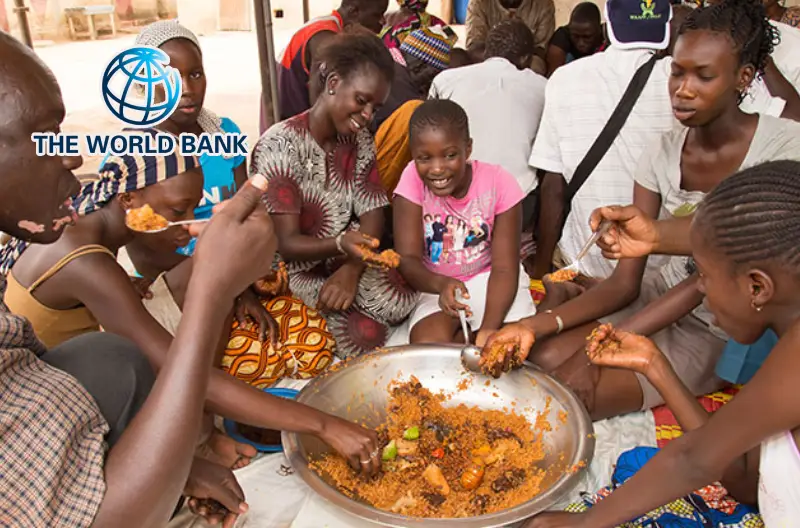
Major Boost: World Bank Invests $45 Billion to Mitigate Food Crisis in Africa
In a landmark move to address the escalating food crisis, the World Bank has pledged an impressive $45 billion aimed at mitigating food insecurity in Africa and other affected regions. This substantial financial commitment is set to bolster food production, enhance supply chains, and provide critical support to millions of people facing hunger and malnutrition.
Addressing a Growing Crisis
The announcement comes at a crucial time as many African countries are grappling with severe food shortages exacerbated by climate change, conflicts, and economic disruptions. The COVID-19 pandemic has further strained food systems, leaving millions of people in dire need of assistance.
David Malpass, President of the World Bank Group, emphasized the urgency of the situation. “The global food crisis demands swift and decisive action. This $45 billion investment is a testament to our commitment to support vulnerable populations and strengthen food security worldwide,” Malpass stated.
Strategic Focus Areas
The World Bank’s investment will be strategically allocated to several key areas:
1. Boosting Agricultural Productivity
- Funding will support smallholder farmers with improved seeds, fertilizers, and modern farming techniques to increase crop yields.
- Investment in research and development of resilient crop varieties to withstand climate extremes.
2. Enhancing Supply Chains
- Developing infrastructure to facilitate efficient transportation and storage of agricultural products.
- Supporting local agribusinesses to ensure that food reaches markets and consumers promptly.
3. Strengthening Social Safety Nets
- Providing direct assistance to the most vulnerable populations through food aid and cash transfers.
- Enhancing community-based programs to improve nutrition and food security at the grassroots level.
4. Promoting Sustainable Practices
- Encouraging sustainable land management and water use to preserve natural resources.
- Investing in renewable energy solutions to power agricultural activities and reduce environmental impact.
Collaboration and Partnerships
The World Bank will collaborate with various stakeholders, including governments, international organizations, and private sector partners, to ensure the effective implementation of these initiatives. Partnerships with local communities and NGOs will be crucial in tailoring solutions to the specific needs of different regions.
The African Development Bank (AfDB) has also expressed support for this initiative. AfDB President Akinwumi Adesina highlighted the importance of collaboration: “Together, we can create resilient food systems that not only address immediate needs but also lay the foundation for sustainable development.”
Impact and Future Outlook
This substantial financial commitment is expected to have a transformative impact on food security in Africa. By empowering farmers, enhancing supply chains, and supporting vulnerable populations, the World Bank aims to build a more resilient and self-sufficient food system.
As the world faces increasing challenges from climate change and economic instability, such investments are critical for ensuring food security and promoting sustainable development. The World Bank’s $45 billion pledge represents a significant step towards a future where no one has to go hungry.